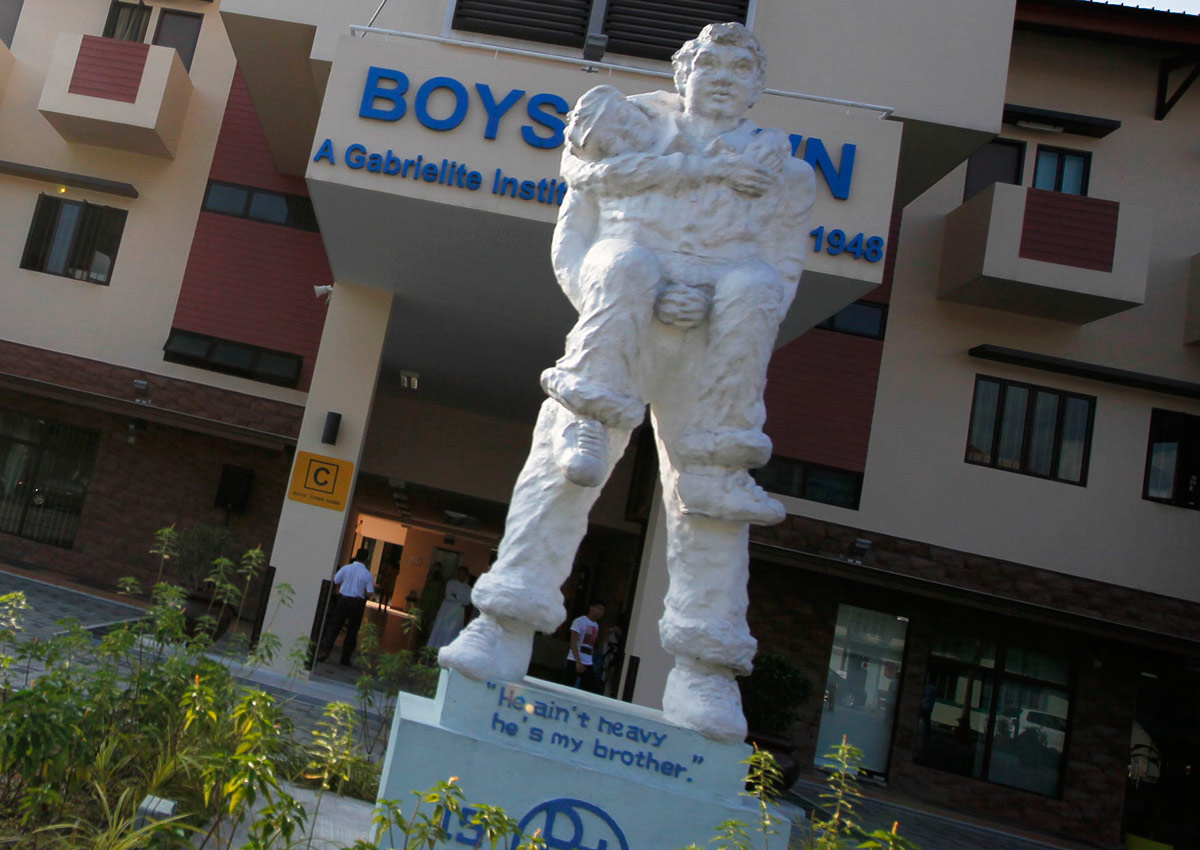The youth sector is getting a shake-up. About 10 key organisations here will take over the state’s existing programmes to guide and rehabilitate young people under 21 who get into trouble, The Straits Times understands.
With the main youth programmes to be centralised through these organisations – called Integrated Service Providers (ISPs) – the quality of the programmes will hopefully be made consistent.
There are currently more than 20 organisations in charge of such activities, and the Ministry of Social and Family Development (MSF) said standards vary.
The reorganisation comes at a time when youth arrests are climbing. Last year, 3,265 young people aged from seven to 19 were arrested, up from 3,120 in 2014 and 3,031 in 2013.
A spokesman for MSF told The Straits Times that it has appointed two ISPs as of last month. The rest will follow in the next two years.
She said: “MSF will fine-tune the concept, monitor case referrals, as well as conduct necessary training to prepare the sector expansion across the island in 2018, to ensure that services are accessible to youth.”
In the meantime, existing voluntary welfare organisations will continue to deliver MSF-funded youth programmes, she added.
The three programmes the ISPs will run are “Guidance”, “Enhanced Step-Up”, and “Triage”. They arecurrently run by charities and youth organisations that target teens who have committed petty offences for the first time, those who have dropped out of school and young offenders.
With the change, smaller agencies will stop running them. The Children-At-Risk Empowerment (Care) Association, for instance, will not offerEnhanced Step-Up from next year onwards.
MSF said: “Currently, there are many service providers with differing standards delivering the three MSF-funded programmes for youth at risk.”
Through the ISP initiative, the programmes will deliver “better outcomes” for the young people, MSF hopes. Some youth service providers welcome the changes.
Dr Carol Balhetchet of the Singapore Children Society said her organisation is considering applying to become an ISP. It has been running the Guidance programme for delinquents since 1998.
She said: “The ISPs will act as the powerhouse, the nucleus, or the main station.
“Currently, it is hard to track and check what the agencies are doing. With the ISP structure in place, you will know that each youth will be ensured a standard, uniform and qualified package of services. There is a form of control and peace of mind.”
Care’s executive director, Dr John Tan, said staff will be “creatively redeployed” to do other things.
The Pasir Ris-based organisation will focus instead on upstream preventive programmes for young people, and look at adding more programmes to prevent youth delinquency.
Some social workers, however, have lamented that the move squeezes out smaller organisations, and note that there is a downside to standardisation and uniformity.
Said Boys’ Town executive director Irene Loi: “Yes, there will be advantages such as economies of scale and quality control, but youth are – by nature – individualistic, and respond best to a variety of approaches.”
Boys’ Town will not be tendering to be an ISP, as it prefers to retain its niche of reaching out to young people in the streets. “We prefer to focus on what we have been doing all along,” said Ms Loi.
“It’s a question of choosing between being a general practitioner or specialist.”

This article was first published on November 14, 2016.
Get a copy of The Straits Times or go to straitstimes.com for more stories.






